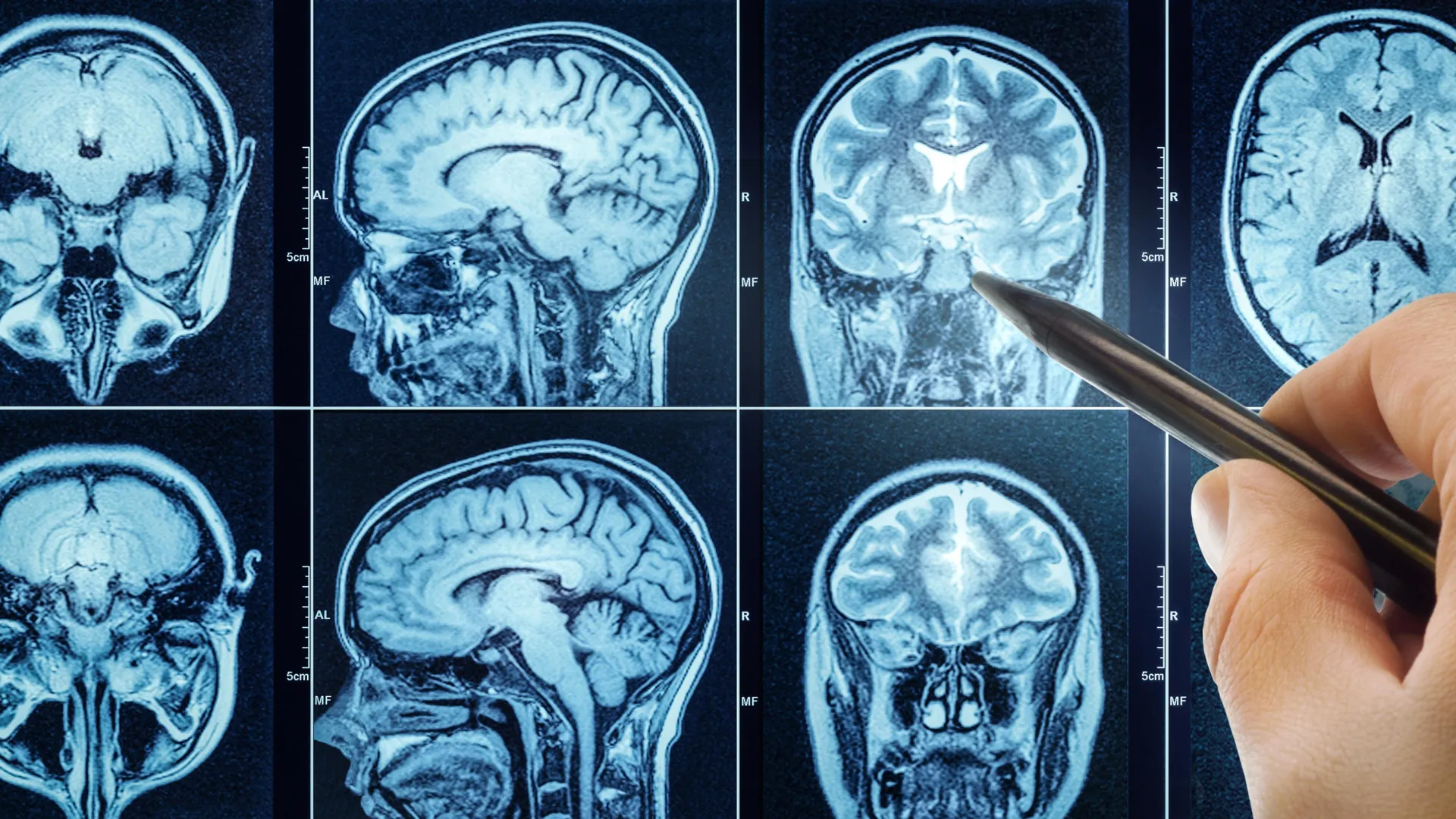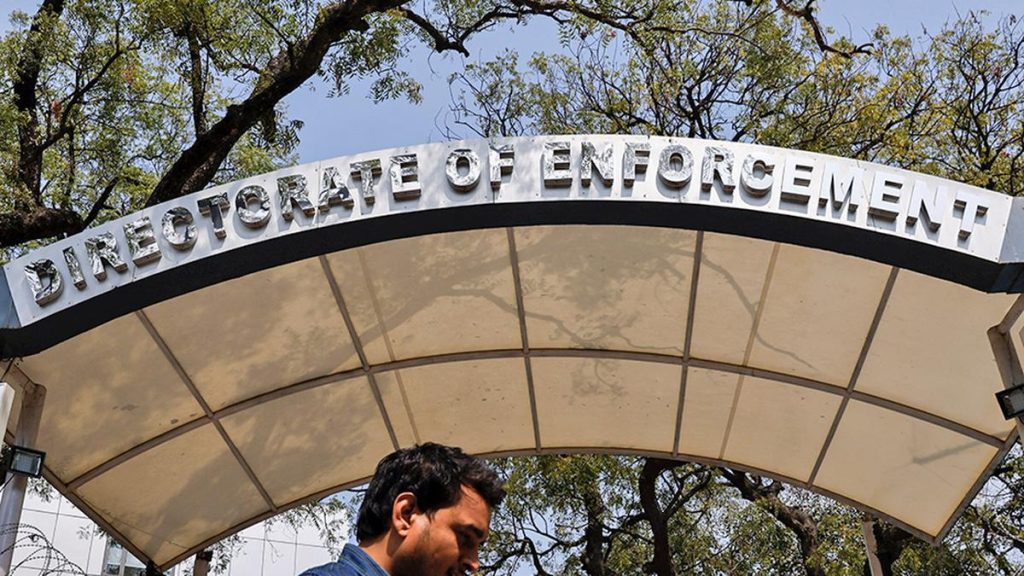Now Reading: Mental Exhaustion Decoded: Two Brain Areas Behind Perseverance or Giving Up
-
01
Mental Exhaustion Decoded: Two Brain Areas Behind Perseverance or Giving Up
Mental Exhaustion Decoded: Two Brain Areas Behind Perseverance or Giving Up

Quick Summary
- A study funded by the National Institutes of health examined cognitive fatigue using functional MRI scans on 28 healthy adult volunteers (18 females, 10 males).
- Increased activity was detected in the right insula and the dorsal lateral prefrontal cortex when participants reported cognitive fatigue during mental effort tasks.
- Participants performed memory recall tasks that increased in difficulty, motivated by financial incentives ranging from $1-$8. Cognitive fatigue was self-rated before and after tests.
- Researchers found that higher financial rewards encouraged greater cognitive effort despite fatigue, suggesting external incentives influence mental exertion decisions.
- This NIH-supported research aims to better understand brain circuits linked to cognitive fatigue and develop objective frameworks for assessment and treatment in conditions like depression or PTSD.
- Medications or cognitive behavior therapy may potentially address fatigue in such cases, but real-world applications of this framework require further testing.
Indian Opinion Analysis
This study holds significant implications for understanding how the brain responds to mental exhaustion-an issue relevant not only globally but also within India where high academic pressures and workplace stress are common contributors to burnout.The findings linking financial incentives to increased effort suggest a deeper connection between motivation strategies and productivity levels that policymakers or employers could investigate further.
Moreover, identifying specific neural circuits involved in conditions like PTSD or depression opens up new avenues for targeted treatments crucially needed as India grapples with rising cases of mental health disorders due to societal stigma or limited resources. As such studies develop frameworks for assessing mental exhaustion clinically, they represent a valuable step towards reducing reliance on subjective self-reporting methods.
India’s healthcare professionals could benefit from adopting techniques inspired by this research while evaluating interventions suited for the local population’s unique challenges-for instance adapting therapeutic approaches aligned with customary Indian practices where possible. Further exploration is needed but this scientific advancement has considerable promise if applied effectively across diverse contexts globally-including India’s growing efforts toward modernized neuropsychiatric care systems.Read More



























